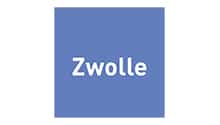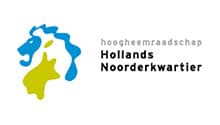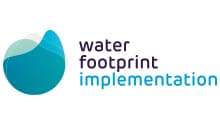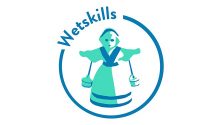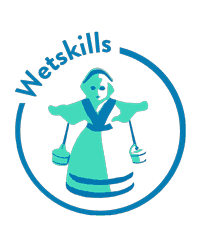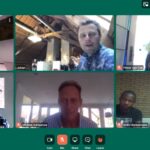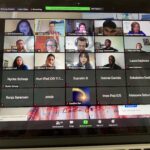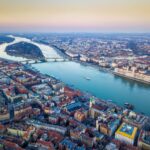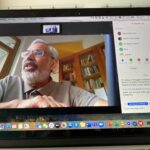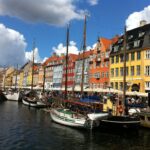CaseBooster – Europe

- This event has passed.
CaseBooster – Europe
February 9, 2021 - April 6, 2021
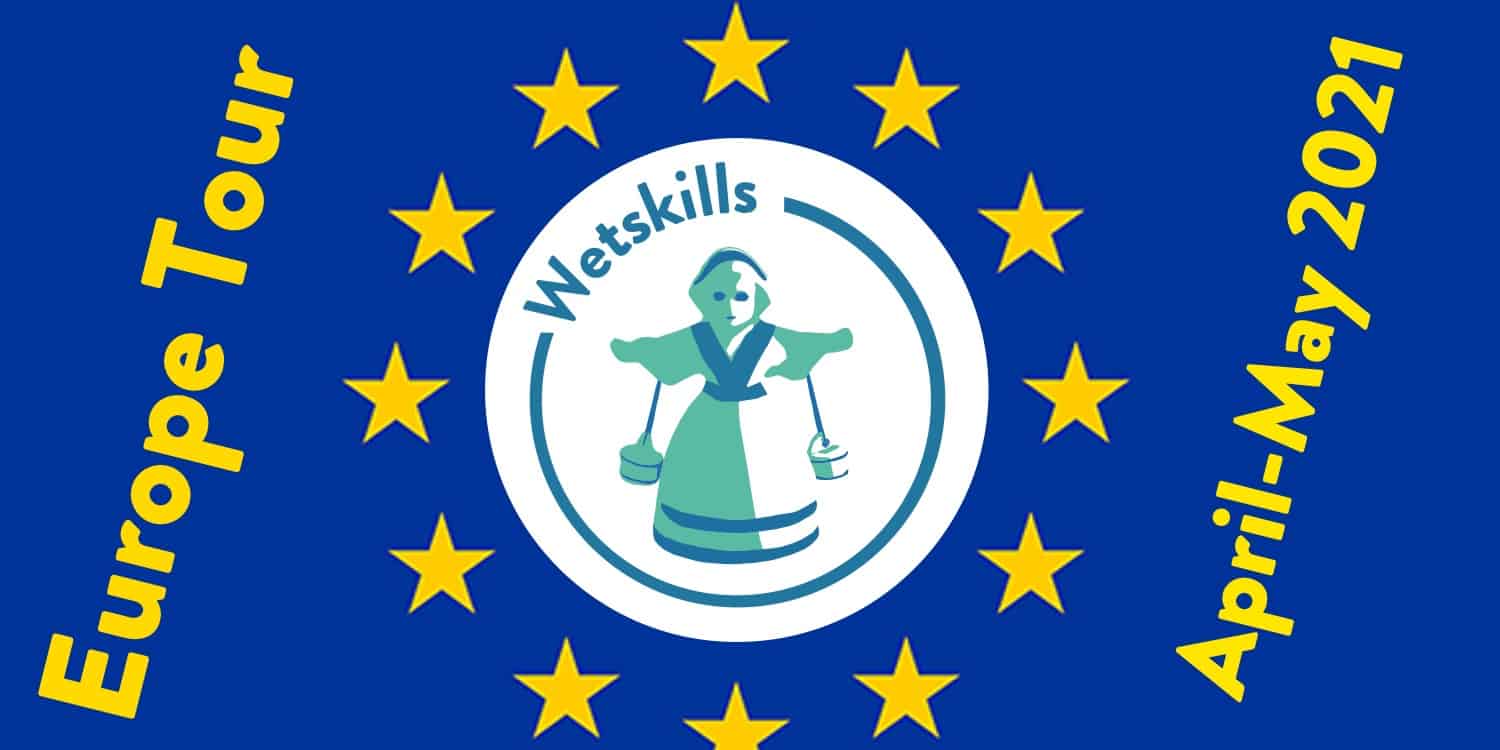

Join the first (online) CaseBooster programme with focus on Europe!
Creating input for some of the Wetskills cases: as a new extracurricular Project
Some of the case owners of the Wetskills Europe Tour events (Hungary, Denmark and Romania) would like to start with their case NOW. With these partner, Wetskills Foundation created a new extracurricular project of eight weeks (called CaseBooster) where talents from various countries work -online- in teams on assignments by the case owners. The main aim of this CaseBooster is to create input for some of the Wetskills cases in one of the European Tour events. This could contain data gathering, finding inspiring examples worldwide, looking for partnerships, stakeholder analysis, business case research, first calculations, etc. The Wetskills team during one of the Wetskills events will go further with this information. (It is not necessary that the participants of the CaseBooster project are the same as the ones in the Wetskills team.)
Wetskills Foundation is inviting students (Bachelor, Master and PhD) and Young Professionals from universities and organisations worldwide with a passion for Water & Sustainability, to join the first (combined) CaseBooster programme (period: 8 February onwards). You might use this in your study and ask your university for credit points! Join and register at the right of this page.
Practical Information

Registration:
Some last places are available. First come, first served!
Follow Wetskills

[no_icons icon_pack=”font_elegant” fa_icon=”fa-facebook” fa_size=”fa-lg” custom_size=”30″ type=”normal” rotated_shape=”no” icon_shadow=”no” inner_border=”no” back_to_top_icon=”” link=”https://www.facebook.com/Wetskills-496271977097972″ anchor_icon=”” target=”_blank” icon_color=”#0076b2″ hover_icon_color=”#43dbbd” margin=”0px 12px 0px 0px” fe_icon=”social_facebook”] [no_icons icon_pack=”font_elegant” fa_icon=”fa-twitter” fa_size=”fa-lg” custom_size=”30″ type=”normal” rotated_shape=”no” icon_shadow=”no” inner_border=”no” back_to_top_icon=”” link=”http://twitter.com/wetskills” anchor_icon=”” target=”_blank” icon_color=”#0076b2″ hover_icon_color=”#43dbbd” margin=”0px 12px 0px 0px” fe_icon=”social_twitter”] [no_icons icon_pack=”font_elegant” fa_icon=”fa-instagram” fa_size=”fa-lg” custom_size=”30″ type=”normal” rotated_shape=”no” icon_shadow=”no” inner_border=”no” back_to_top_icon=”” link=”https://www.instagram.com/wetskills/” anchor_icon=”” target=”_blank” icon_color=”#0076b2″ hover_icon_color=”#43dbbd” margin=”0px 12px 0px 0px” fe_icon=”social_instagram”] [no_icons icon_pack=”font_elegant” fa_icon=”fa-twitter” fa_size=”fa-lg” custom_size=”30″ type=”normal” rotated_shape=”no” icon_shadow=”no” inner_border=”no” back_to_top_icon=”” link=”https://www.linkedin.com/groups/2949484″ anchor_icon=”” target=”_blank” icon_color=”#0076b2″ hover_icon_color=”#43dbbd” margin=”0px 12px 0px 0px” fe_icon=”social_linkedin”] [no_icons icon_pack=”font_elegant” fa_icon=”fa-youtube-square” fe_icon=”social_youtube” fa_size=”fa-lg” custom_size=”30″ type=”normal” rotated_shape=”no” icon_shadow=”no” inner_border=”no” back_to_top_icon=”” link=”https://www.youtube.com/channel/UCJmPNM9roCkR1uvgJMHqpvA” anchor_icon=”” target=”_blank” icon_color=”#0076b2″ hover_icon_color=”#43dbbd” margin=”0px 12px 0px 0px”]
Join this CaseBooster programme!

In short
- Teams of 4-5 talents from various countries and organisations in Europe will work together
- Every team has its own assignment: the CaseBooster Challenge
- Assignment will be formulated by Case owner and Wetskills Foundation. It is a preparation of the case for one of the Wetskills Europe Tour events
- Eight weeks programme, 4-6 hours per week of which about 2 hours online with the whole group
- Period (changed): week of 8 February 2021 (8 weeks, probably every Tuesday morning there will be a weekly call)
- Online (and corona-adaptive) event
- Participants: free of charge (you need to dedicate time)
- Each Team gets:
- Expert (from Case owner)
- Coach (from Wetskills Foundation)
- A Pool of (external) Experts will be created with various external experts in Europe. Teams will consult these experts.
- Creating of Story Telling during this Case Booster project
Registration
Application (online) and first selection deadline (extended) for local and international participants was 31 January 2021. There is a first come, first served basis: every week a selection of the new applications will be made untill the program is full.
Who can apply?
Any student (Bachelor, Master or PhD) or Young Professional from Europe and beyond with a passion for water & sustainability and intercultural teamwork.
How can I apply?
Prepare a motivation letter and resume, click the botton on the right, fill out the online application form and submit it.
Selection criteria
The Wetskills organization will make a final selection among applications received, based on quality of motivation & resume. The organisation will also consider a good diversity of the whole group (incl. backgrounds, local/international, gender balance, etc.).
Costs
This programme is free of charge. Wetskills Foundation expect participants to dedicate time.
Joining this Wetskills Event – What do you get?
A corona-adaptive learning experience where you will tackle real-life water challenges with your own team!
- You will increase your skills in: international cooperation; problem solving, cross-cultural and interdisciplinary teamwork, working online;
- You will get the opportunity to connect with other international water students/young professionals;
- You will have the opportunity to meet & greet & discuss with water experts;
- You might integrated this in your study programme and earn credit points for it: ask your university about the possibilities;
- You will receive a certificate of participation upon completion of the program.
More information
Interested candidates can contact: Johan Oost (Wetskills Foundation) at johan.oost@wetskills.com.
Event Cases

Case 1: Sensoring the Climate in your own backyard
Case owner: City of Zwolle (The Netherlands)
Climate is mostly considered on a more national and regional level rather than neighborhood levels. The City of Zwolle launched the SenHagen project where citizens voluntarily placed sensors to measure data as temperature, precipitation and air quality. With this crowd sourcing project, both city and citizen know which part of the neighborhood is coolest or has the best air quality, which is great when you are doing your exercise round. But the roll-out of the system is costly; new business cases for applications are welcome. How can new applications of the available data (and with which partners) create a business case to roll-out the SenHagen monitoring to other neighborhoods in cities worldwide?
Case 2: Optimising flood defence strategy, resilient cities and nature2000
Case owner: Water Authority Hollands Noorderkwartier and 1-2 international partners
Flood safety, spatial development in relation to climate change and nature2000 ambitions are challenging goals for parties involved. Every location in Europe has different area characteristics, for morphology, natural qualities and regulations and spatial development. To find optimal solutions we need new approaches in collaborations where we can find the best solution for all three viewpoints. A few examples exist in coastal areas where nature-based solutions were found for flood defence constructions. How can we find these examples and use them in other areas?
Case 3: Virtual Water flows between Romania and Hungary
Case owner: Water Footprint Implementation
Is it possible to use water on places when you are not present at that moment? Yes, it is! A virtual water flow is embedded water in products that are produced (with water use during the production process) at location A and consumed (with the embedded water in that product) at location B. Import and export mean a flow of virtual water as well. The Water Footprint, the method that determines the freshwater use in production processes, is an excellent tool to provide insights in the virtual water flows between continents, countries and/or river basins. How can we use the virtual water flow between Romania and Hungary for improving the sustainable freshwater use in both countries?
Event Partners

